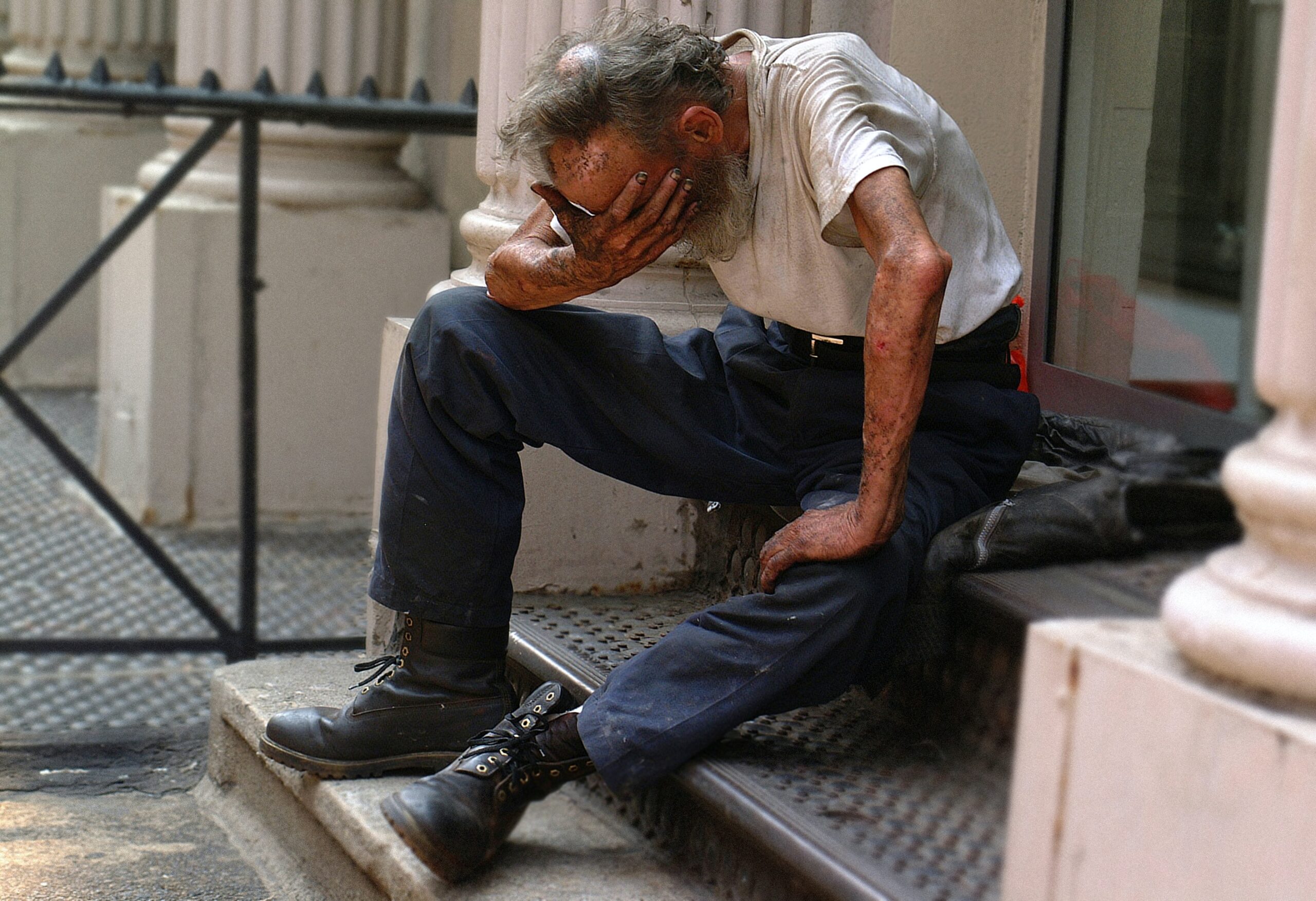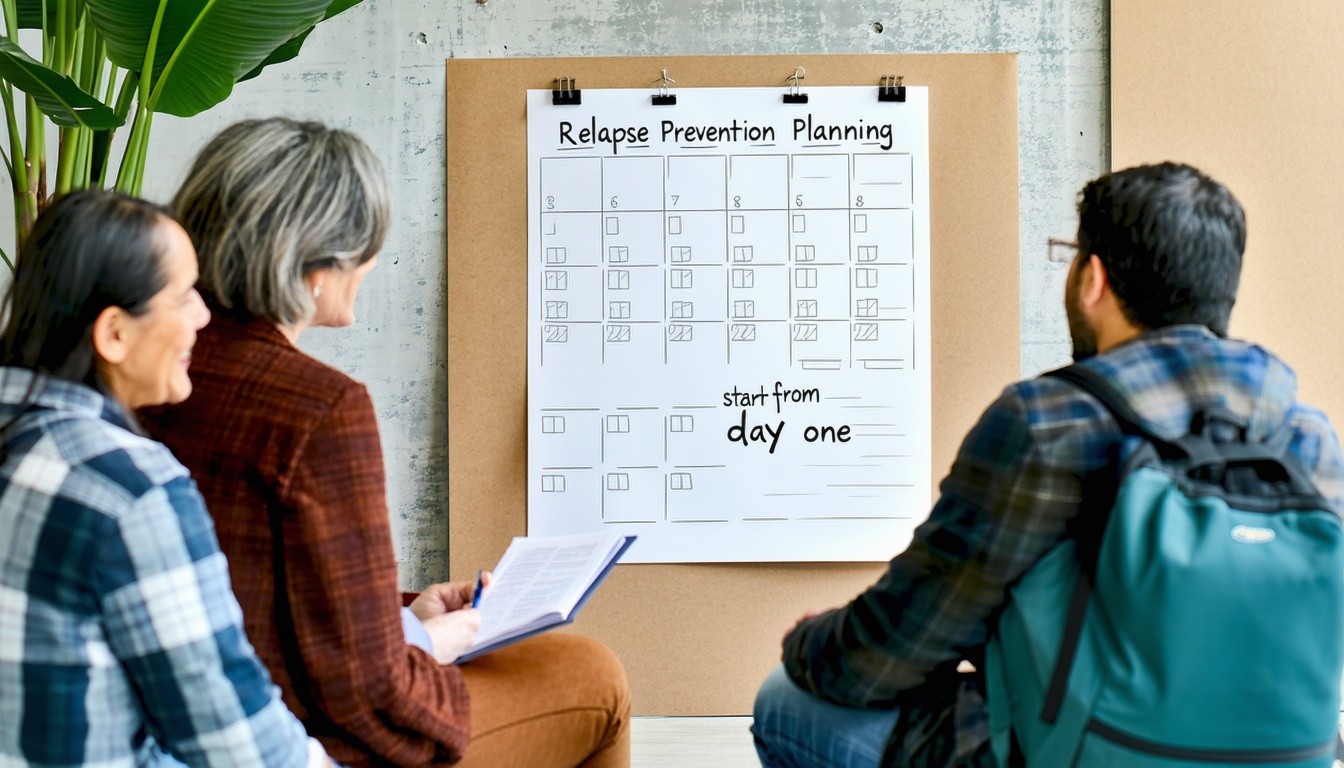Homelessness is a pressing issue in the US, affecting more than half a million individuals on a given night in January. However, the consequences of homelessness are far-reaching and also affect families and entire communities. While there’s no one solution to this complex situation, several strategies can be implemented to alleviate the crisis.
Addressing the Root Causes
The list of what causes homelessness is long — lack of affordable housing, mental health conditions, substance abuse, poverty, and the lingering economic and social impact of the coronavirus pandemic — and all contribute to the crisis. Policies addressing these issues can help prevent homelessness and ensure everyone can access the necessary resources.
Well-meaning people and government initiatives have struggled to find solutions to the homeless crisis for decades. Some have been more successful than others, but statistics indicate that despite efforts, the tactics are flawed.
- Increased Affordable Housing
Many working to end homelessness suggest providing housing is the key to ending the homeless crisis. Although that may be the case for some, providing housing may not be ideal for those dealing with mental illness and substance abuse. Instead, supportive housing, which combines affordable housing with on-site services to help individuals and families address the issues that led to their homelessness, might be more effective.
- Practical Solutions for Substance Abuse Disorders
When treating substance abuse disorders, a significant underlying cause of homelessness, jumping to housing without investing in a recovery process is likely counterproductive. For example, Vegas Stronger™ recommends 13 proven strategies to address substance abuse relative to homelessness.
- Compassionate Care for Mental Health Disorders
Mental health and homelessness are interrelated issues that require multifaceted and comprehensive approaches. According to the National Alliance on Mental Illness (NAMI), more than 20% of people experiencing homelessness in the US have a serious mental health condition. Some of these issues are caused by the stress of homelessness; conversely, mental health issues can lead to homelessness.
Access to mental health care is also a significant barrier for people experiencing homelessness. Many people without stable housing also lack health insurance and may be unable to afford treatment. Homelessness can also make keeping appointments, taking medication regularly, and maintaining overall treatment compliance difficult.
- Community Education
We all have a role in helping people struggling with mental illnesses and substance use disorders. While giving them money, food and blankets feels good and seems like it’s helping them, it almost always has the opposite effect intended. Instead of facilitating their access to necessary treatment it enables their current actions of staying on the streets. The community needs to be educated to direct people to shelters, or call shelters to come speak with people. Social services provided include meals, restrooms, showers, beds, medical treatment and mental health treatment.
Help Us Address the Homeless Crisis With Evidence-Based Strategies
Homelessness has serious implications for public health, social welfare, and economic stability. Join our dedicated staff and supporters to go beyond traditional, unsuccessful tactics to end homelessness. Your donation can help our most vulnerable individuals reclaim their lives and contribute to society.

















